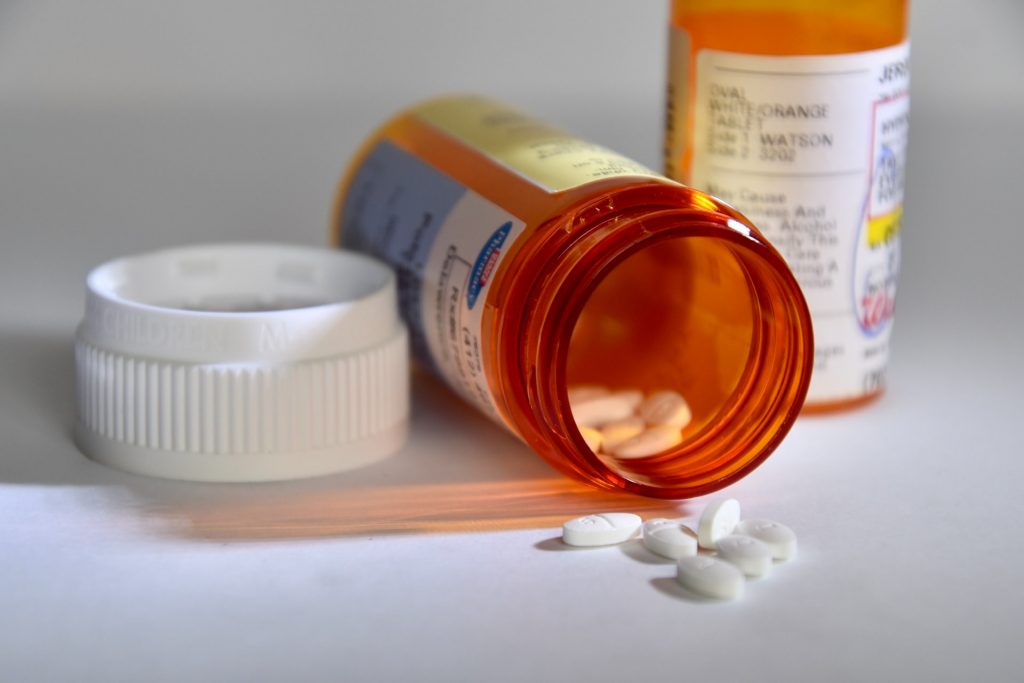With today’s global concerns of pollution, climate change, public health, and environmental degradation, sustainability is something which should concern every industry. This includes the manufacture of medicines, presenting the question of whether we can create sustainable pharmacology.

The issue of climate change is of critical importance for humanity’s future. As such, government leaders around the world are increasingly committed to reducing global emissions and addressing the effects of climate change. The Canadian government, for example, has vowed to reach net-zero emissions no later than 2050, while promoting the use of clean technology among home and business owners alike.
The situation is of particular importance in northern latitudes, with some areas “experiencing warming at twice the rate of the rest of the world,” according to CBC News. No matter your global location, however, the negative impact of climate change can be felt in every industry. Encouragingly, more industries are also looking for opportunities to achieve greater sustainability, from manufacturing and agriculture to healthcare and beyond. Many of those industries are turning inward for solutions, including the pharmaceutical industry, which has a massive environmental footprint.
In the U.S. alone, the pharmaceutical industry spends roughly $1 billion annually to power its manufacturing facilities. What’s more, the industry is inherently wasteful: Pharmacology is responsible for tons of plastic waste, mostly from packaging, as well as the chemical pollution of waterways via discarded medication.
Considering pharmacology’s substantial carbon footprint, going green in the pharmaceutical industry is more important than ever. From reducing waste to water conservation and transitioning to renewable energy, there are numerous factors to consider on the journey towards sustainable pharmacology.
Sustainability and Your Local Pharmacy
Although curbing climate change on a global scale is a lofty goal, it starts at the individual level. To help offset the damage to global waterways and the natural world caused by the industry, pharmacists can take matters into their own hands, by improving the sustainability of individual pharmacies. Physical medication pick-up locations remain a cornerstone of the pharmaceutical industry, and those pharmacies can set an example by integrating green policies and procedures into daily operations.
Installing energy-efficient lighting and appliances is a great place to start, then look for other ways to reduce your facility’s energy consumption. When it comes to water conservation in the workplace, there are numerous tools at every pharmacist’s disposal. After conducting an audit of the facility’s water usage, you should have a better idea of any issues that could be impacting those numbers.
No matter the size of your pharmacy, you may find water conservation success by swapping out old bathroom fixtures for modern, low-flow models. And at the employee level, take the time to educate your workforce about the importance of water and energy conservation.
From Education to Environmental Stewardship
When it comes to sustainability, education plays a huge part in bringing pertinent issues to the mainstream. Pharmacists looking to play a greater role in company-wide sustainability initiatives should consider the benefits of obtaining an advanced degree. Furthering your education helps advance both your career and leadership skills, and may give you a wider perspective on the issues facing the pharmaceutical industry.
Leaders in the pharmacology industry, such as regulatory affairs specialists, are poised to bring about lasting policy changes while also adhering to local, state, and federal laws. While the job has many facets, pharmaceutical regulatory affairs managers ensure that medications and medical devices are both effective and safe for both the patient and the environment. They often serve as a liaison between the pharmacy or pharmaceutical manufacturing company and regulatory bodies.
In this way, regulatory affairs specialists and similar professionals are in a unique position to address one of the most glaring environmental issues in pharmacology: Pollution. Throughout the drug manufacturing, use, and disposal process, myriad compounds and chemicals are released into the environment. Typically referred to as active pharmaceutical ingredients (APIs), these compounds have been found to impair the reproduction of fish populations, among other negative environmental effects.
Unfortunately, the release of harmful APIs into the environment remains largely unregulated, since much of the pollutants end up in waterways via the medication consumption process. The European Environmental Bureau, in fact, estimates that 30-90% of a medication’s ingredients are still active following patient ingestion and excretion. Around the world, APIs have been found in varying amounts in municipal drinking water, soil, and wastewater.
The Future of Sustainable Pharmacology
At its core, sustainable pharmacology combines education and environmental stewardship with actionable change, designed to improve public health while reducing pollution. The good news for eco-conscious pharmacists is that you needn’t necessarily be in a managerial position to make a difference where the environment is concerned. As previously mentioned, even entry-level pharmacists can advocate for sustainable workplace practices, such as recycling and waste reduction of all types, from paper and electricity to food and water.
As an environmental steward in the pharmacology industry, you should also cultivate an awareness of where your facility’s waste, as well as that of your customers and suppliers, ends up. The issue of climate change is unlikely to disappear in our lifetime, but pharmacology professionals can help lead the way towards a more sustainable future, one facility at a time.
About the Author
Amanda Winstead is a writer focusing on many topics including technology and digital marketing. Along with writing she enjoys traveling, reading, working out, and going to concerts. If you want to follow her writing journey, or even just say hi you can find her on Twitter.